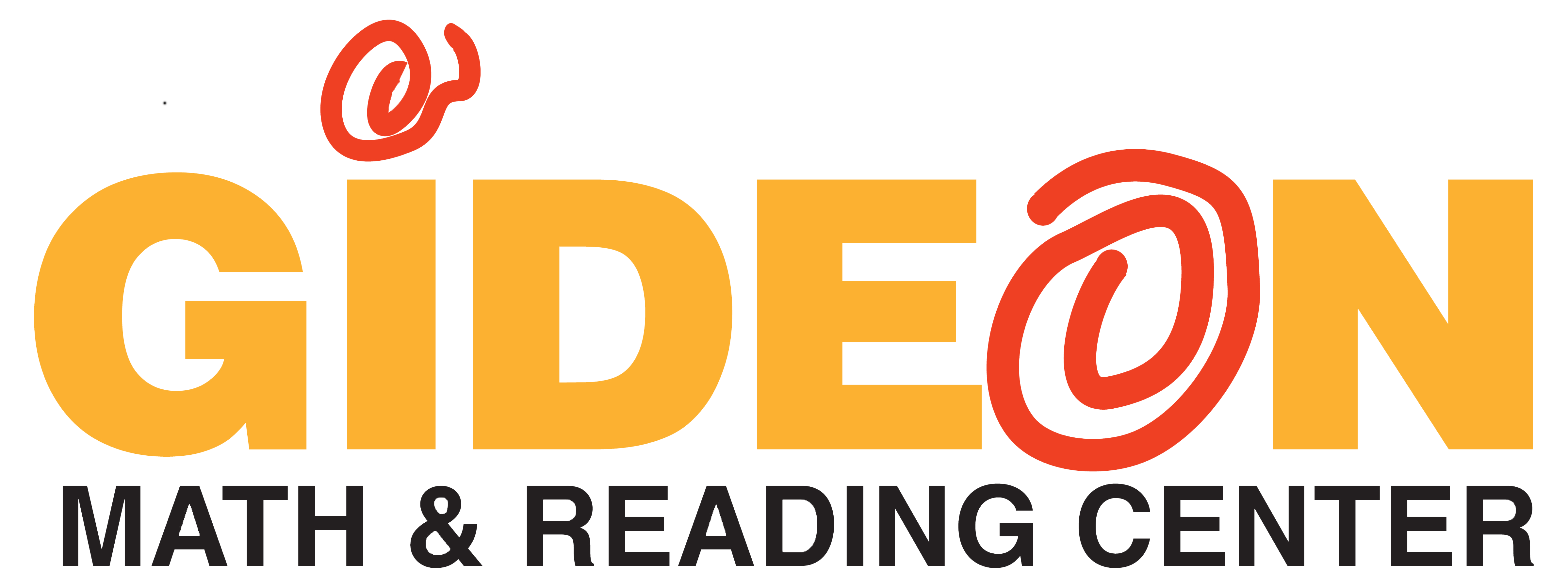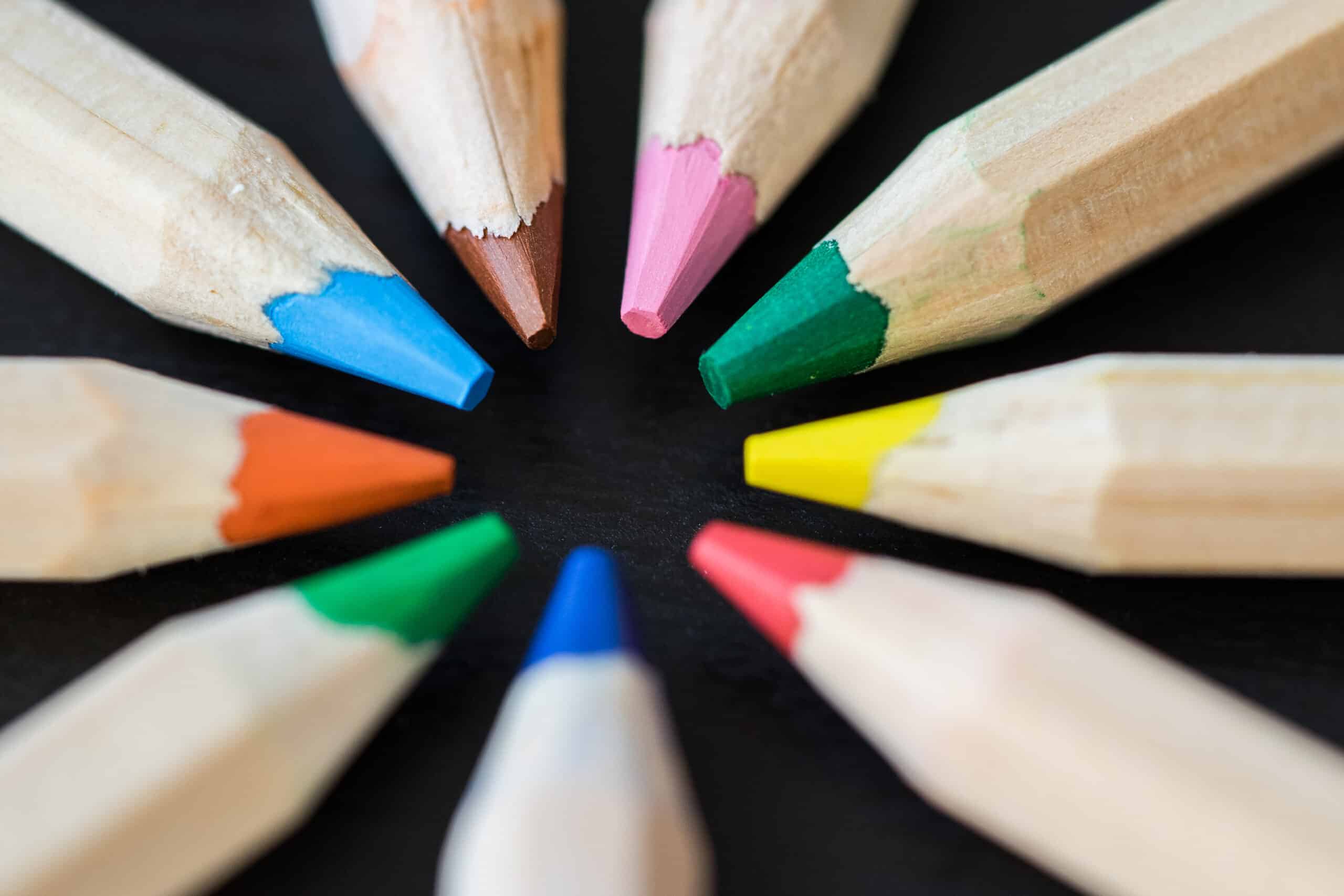Jumping into a new school year—and possibly still learning from home—presents new challenges for children and parents alike. One of the best parts of this experience is the opportunity to learn together. As a parent, you will be learning how to work with your student whether that takes place during the day or in the afternoons for homework.
While you figure out how to help your specific child, both of you may make some mistakes along the way. The good news is that how we handle our children’s mistakes and our own can be beneficial to them in the long run. Keep a growth mindset and celebrate mistakes!
Making mistakes is one of the most useful ways to learn in math. Our brains develop when we make a mistake and think about the mistake. This brain activity doesn’t happen when people get work correct.
Here are three steps to handling your own blunders and managing your response to your child’s mistakes.
1. Learn from Mistakes
While our first instinct may be to jump in and fix a problem that may arise, learning from the mistake is more important. A gentle explanation of a math problem can help a child more than simply giving them an answer. Break their problem down into bite-size chunks of information, making sure they understand each piece. This leads the child to a deeper understanding of how to solve future problems on their own. In this explanation and subsequent learning, a child can learn from their mistakes instead of reaching an easy answer that they don’t understand.
2. Fix Errors
After learning, there is a time and place for fixing mistakes. If you see a mistake in your child’s homework, it may be a good time to help them fix it. Guide your child into double-checking their work before turning it in. Recognize that they may not know how to identify their own errors at first, but they will learn to do it on their own with practice. This is your opportunity to model correction and self-improvement for your child: Show them how to fix a recurring error. Then work with them to complete the task together. Then watch them do it themselves!
3. Extra practice and repetition
When working on mastering a skill, which Gideon helps students with, sometimes extra practice is needed. Don’t be afraid of going over the same math skills or phonics flashcards on repeat. Your child’s ability to use a skill with confidence is different than simply understanding how to do it. Repetition is vital when it comes to preparing for more advanced learning as well as standardized testing. It is better to learn and master new topics at Gideon to stay a step ahead with no school grades or pressure.
At Gideon, we are here to support you with all that comes with virtual learning and after-school learning. We want to work with your child to give their education the attention it deserves. Sign up today for our math and reading programs that help children fix errors, learn from mistakes, and build confidence through mastering skills!

